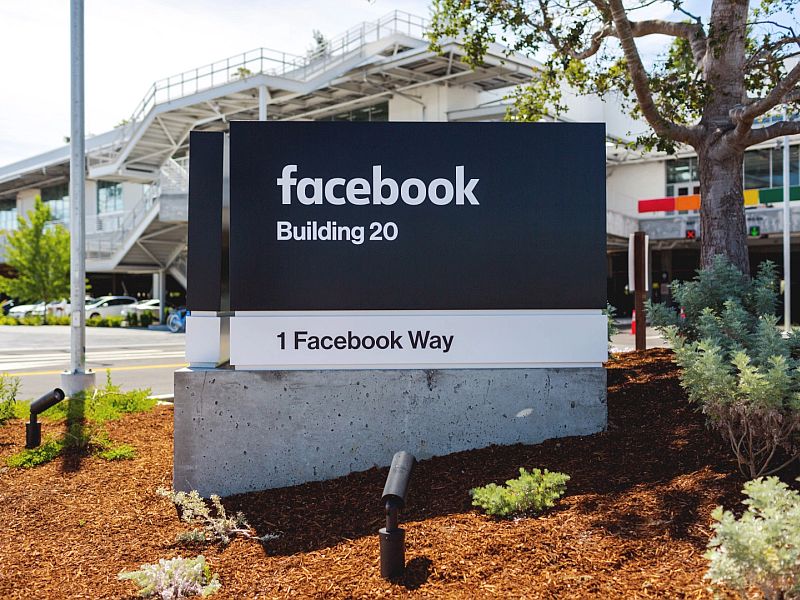- Home
- Social networking
- Social networking News
- Facebook Research Tries to Find Whether Family Influences Job Choices
Facebook Research Tries to Find Whether Family Influences Job Choices

In order to understand factors influencing choices of profession, Facebook's data scientists Ismail Onur Filiz and Lada Adamic analysed a sampling of 5.6 million parent-child pairs from English-speaking locales. The sample included users who specified a sibling or parent-child relationship on the social network along with filling in their occupations. Facebook mapped the major occupation categories depending on the listed options.
"The military occupation category is over-represented because it is mapped based on both employer and stated occupation and past military service, whereas other job categories were mapped based on stated occupation only. Since the data excludes those not specifying an occupation on Facebook, it may not be representative of the population overall, but is interesting to study nonetheless," said Facebook in a blog post.
The sampling saw fathers in the military were more likely than average to have a son in protective service. Despite a child being much more likely to follow in a military parent's footsteps, the absolute percentage that in fact did so was still "quite low," according to the sampling results.
For example, a son who has a father in the military was 5 times more likely to enter the military, but just 1 in 4 sons of a military professional did so. On the other hand, for fathers in the dataset who worked in farming, fishing, and forestry, only 3 percent of their sons stayed in the profession but the study noted that this probability was 7.6 times the overall rate. Further, 20 percent of daughters of mothers who worked in office and administrative support chose the same career, but this was only twice the usual rate. While 8.5 percent of daughters of mothers in nursing chose a career in nursing, and this was 3.75 times the overall rate. For more details, can head to Facebook's interactive visualisation mapping list.
The research also saw "substantial cross-gender occupation inheritance" where scientist fathers saw scientist daughters at 3.9 times the overall rate and mothers working in law had sons with a legal profession at 6.6 times the overall rate. Facebook's data scientists also analysed sibling occupations for which took a sample of 2.37 million same-gender siblings in the US.
"We compared the rates at which same-gender twins shared an occupation against same-gender siblings no more than two years apart, and then again any two people of same gender in our sample who are no more than two years apart in age. 15 percent of siblings share an occupation, which is higher than the 8.6 percent rate for any two same-gender, same-age individuals in the population. Twins' tendency to choose the same occupation, at 24.7 percent, is even more striking," explained the blog post.
The research concluded that people within a family were proportionally more likely to choose the same occupation, and this was true of twins. It however added that overall majority of kids found their own path and chose a profession which was different from that of their parents or their siblings.
Catch the latest from the Consumer Electronics Show on Gadgets 360, at our CES 2025 hub.
Related Stories
- Samsung Galaxy Unpacked 2025
- ChatGPT
- Redmi Note 14 Pro+
- iPhone 16
- Apple Vision Pro
- Oneplus 12
- OnePlus Nord CE 3 Lite 5G
- iPhone 13
- Xiaomi 14 Pro
- Oppo Find N3
- Tecno Spark Go (2023)
- Realme V30
- Best Phones Under 25000
- Samsung Galaxy S24 Series
- Cryptocurrency
- iQoo 12
- Samsung Galaxy S24 Ultra
- Giottus
- Samsung Galaxy Z Flip 5
- Apple 'Scary Fast'
- Housefull 5
- GoPro Hero 12 Black Review
- Invincible Season 2
- JioGlass
- HD Ready TV
- Laptop Under 50000
- Smartwatch Under 10000
- Latest Mobile Phones
- Compare Phones
- Huawei Nova 13i
- Itel A80
- HMD Key
- Redmi Turbo 4
- Vivo Y200+
- Lava Yuva 2 5G
- OnePlus Ace 5
- OnePlus Ace 5 Pro
- Asus Zenbook S 14
- MacBook Pro 16-inch (M4 Max, 2024)
- Honor Pad X9 Pro
- Honor Pad V9
- boAt Enigma Gem
- boAt Enigma Daze
- Sony 65 Inches Ultra HD (4K) LED Smart TV (KD-65X74L)
- TCL 55 Inches Ultra HD (4K) LED Smart TV (55C61B)
- Sony PlayStation 5 Pro
- Sony PlayStation 5 Slim Digital Edition
- Blue Star 1.5 Ton 3 Star Inverter Split AC (IC318DNUHC)
- Blue Star 1.5 Ton 3 Star Inverter Split AC (IA318VKU)
















